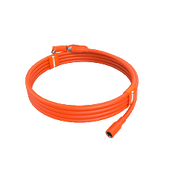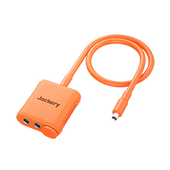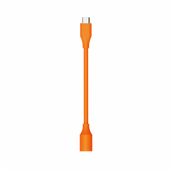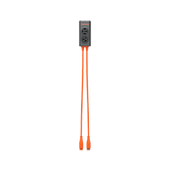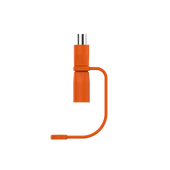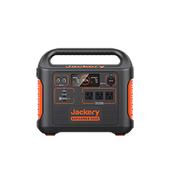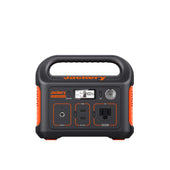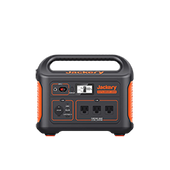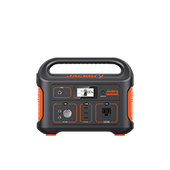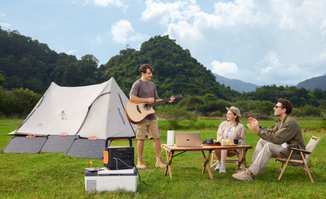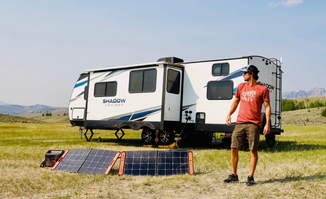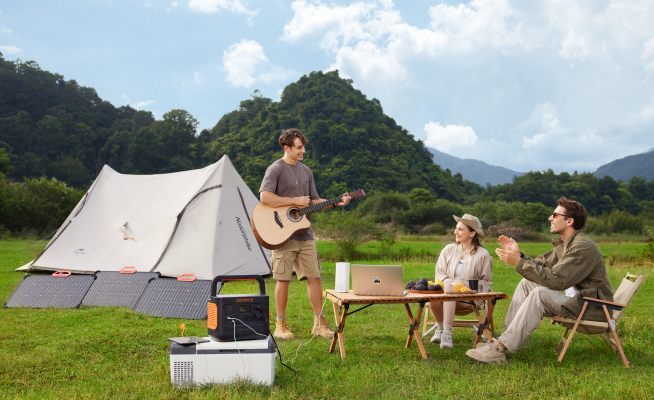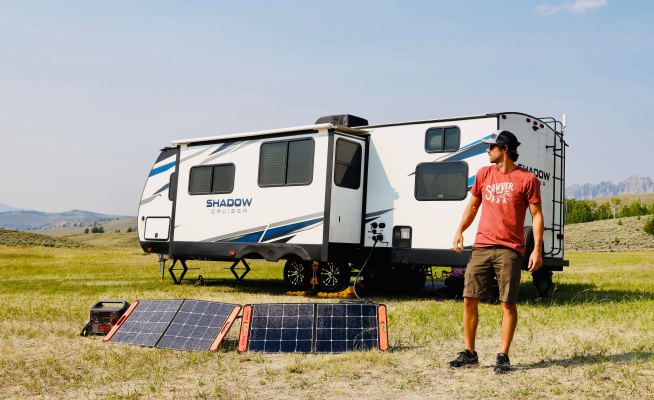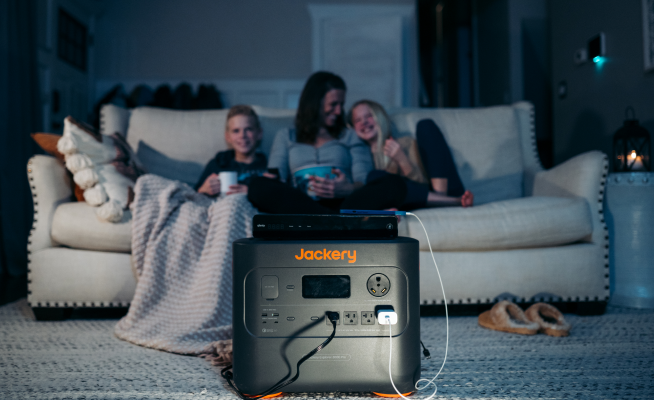Pros and Cons Of Renewable Energy
As traditional fuel reserves decline and their environmental impact becomes obvious, the demand for a more viable energy source becomes increasingly critical. Many governments are starting to spend extensively on the research and development of renewable energy and supporting the adoption of renewables such as solar, wind, and geothermal power through rewards and regulations.
However, to increase the usage of renewable energy, it is necessary to inform people about its advantages and the problems surrounding its implementation. In this guide, we'll discuss the pros and cons of renewable energy, helping you determine if it is right for you.

Pros Of Renewable Energy
Modern society is increasingly shifting towards renewable energy sources. The transition is motivated by the need to minimize reliance on finite resources such as oil and coal, as well as the urge to reduce carbon emissions connected with their extraction and usage. Indeed, renewable energy is becoming more accessible and affordable, making it an attractive option for many individuals and companies.
Indeed, renewable energy systems such as the Jackery Solar Generator are available in various sizes and specifications to accommodate a wide range of home sizes and power requirements. Furthermore, once you install equipment, you will not incur additional costs for fuel and upkeep during its lifetime. You'll have an unlimited energy source, saving you money in the long term.
Here's a detailed breakdown of the advantages of renewable energy:
Less global warming
The fact that renewable energy produces no greenhouse gasses or other emissions is indeed one of its major advantages. Unlike coal power setups, which emit approximately 2.2 lbs of CO2 per kwh of electricity generated, wind turbines and solar panels create no emissions. Indeed, renewables are helping achieve emission-free heat, lighting, and travel allowing us to decarbonize the planet and push the doomsday clock back a little.
Inexhaustible energy
Renewable energy never runs out. It is obtained from naturally replenishing sources such as sunlight, wind, water, biomass, and geothermal. Unlike oil, natural gas, or coal, which require large amounts of equipment to extract, renewable energy setups simply convert these natural resources into power.
Furthermore, while many traditional fuel sources are becoming increasingly difficult and expensive to obtain, resulting in annihilating natural habitats and considerable financial losses, renewable energy is inexhaustible.
Reliability and resilience
Renewables are reliable in the long term because they are not subject to depletion or price fluctuations. These energy sources replenish themselves and are free once you install the respective equipment. Moreover, they are resilient even during disruptions such as natural disasters. They can be decentralized across vast geographic areas, lowering the risk of massive outages caused by a singular failure point.
Furthermore, many renewable energy setups are modular and can be repaired or replaced rapidly, decreasing the impact of a single failure on the entire system.
Cons Of Renewable Energy
Sure, renewable energy is significantly more advantageous than traditional sources, but that does not imply it is without issues. It's important to examine the issues facing renewable energy if we wish to better the existing technologies, design new solutions, and satisfy our energy demands while simultaneously benefiting the planet.
Issues plaguing the renewable energy sector include the expensive initial setup cost, storage constraints, and dependency on weather, which can be difficult to predict. Here's a deeper look.
Not Available Round the Clock
Renewable energy sources have limitations in terms of how much energy they can create and when they may be used. Solar energy can only be harvested during the day when the sun is shining; if it is not stored, there will be no power accessible at night. Wind energy requires an abundant supply of wind to generate electricity, which is not always available. Meanwhile, hydropower depends on a consistent flow of water, which may not be available during dry seasons.
Therefore, renewable energy sources may need to be supplemented with other energy sources to guarantee a constant supply of electricity.
Technical Challenges
Although renewable energy setups do not require fuel and can result in significant long-term savings, their technological limitations can be discouraging. Equipment prices have fallen slightly over the years but remain out of reach for many homes and companies.
Indeed, on a broader scale, hydropower stations, wind farms, and solar parks demand major electrical infrastructure, land, and investment, resulting in some initiatives being delayed, amended, or even scrapped.
Furthermore, most renewable energy systems are weather-dependent and lose efficiency when weather conditions deteriorate. When renewable energy setups output too much electricity, they risk overwhelming the grid, resulting in serious issues for power companies. Therefore, there is an urgent need to modernize infrastructure to ensure consistent energy production and supply. But often, the end users ultimately bear the cost of these upgrades.
Storage Issues
Because renewable sources are unpredictable, the setups require energy storage systems to capture, store and distribute electricity in a consistent and controlled manner. But despite falling costs, storage technology remains quite pricey, and there are still nagging concerns about its dependability and longevity.
Fortunately, many of the emerging technologies are producing good outcomes. In recent years, the use of utility-scale batteries has increased considerably. For example, the Jackery Solar Generator combines solar panels and a portable power station, allowing users to capture, convert, and store solar power for later use.
Why Solar Power is the Best Renewable Energy for Outdoor Living and Home Backup
The great thing about solar renewable energy is that it is available practically anywhere, from rural homes to urban rooftops. Solar energy works by converting sunlight into electricity and can be used for powering outdoor lighting, in-home appliances, or even as a backup system during power outages.
The Jackery Solar Generator 2000 Pro, for example, is an excellent portable solar power station that can provide you with up to 2000W of power on demand. It features two AC outlets, four USB ports, and a DC carport for charging small electronics like laptops or phones. This makes it perfect for outdoor activities like camping or picnics, as well as providing backup power during storms and other emergencies.
Conclusion
With the recognition of the various cost-saving and environmental benefits of renewable energy, the world is rapidly shifting from traditional fossil fuels. Equipment such as the Jackery Solar Generator can help you take advantage of the sun and reduce or even eliminate your monthly energy bill.
Our solar generator is built for reliability. It combines a power station and solar panels allowing users to harness solar power during those bright shiny days and store it for use at night or when conditions worsen.
Moreover, you can also use your gas generator or car charger to recharge the power station. It provides dependable and clean electricity for RVs, campers and as a backup in emergencies.
To browse and learn more about solar generators, check our products page. Also, feel free to sign up for our newsletters and get more information and exclusive offers on various renewable energy products.
Disclaimer:
The runtime mentioned for appliances powered by Jackery is for reference only. Actual runtime may vary under different conditions. Please refer to real-world performance for accurate results.








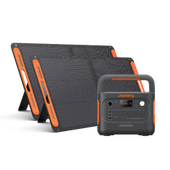


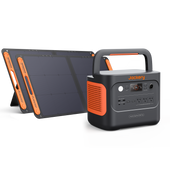

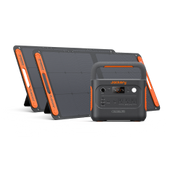
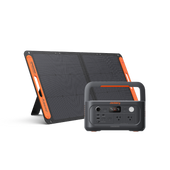
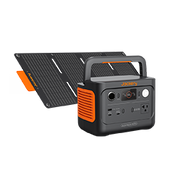

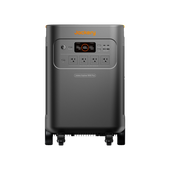
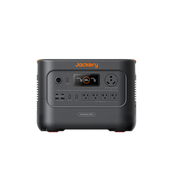
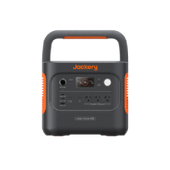
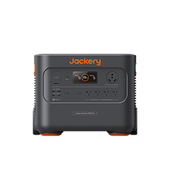
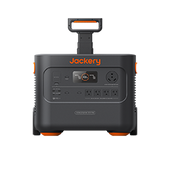

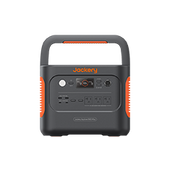
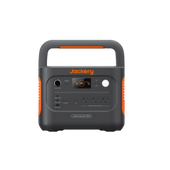
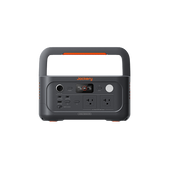

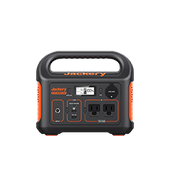
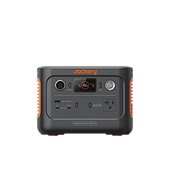
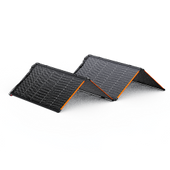
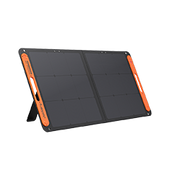

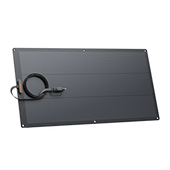
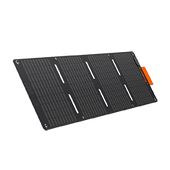
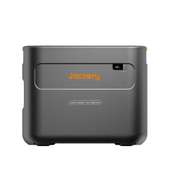
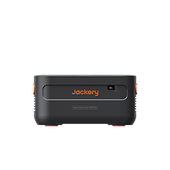
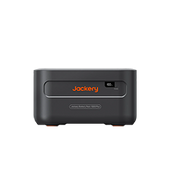
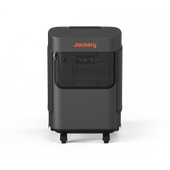
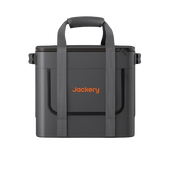
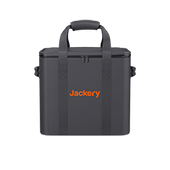
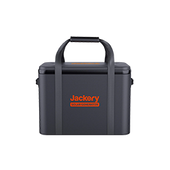
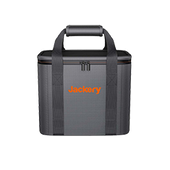
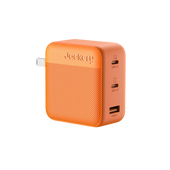
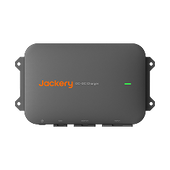
![[Add-on] Jackery Manual Transfer Switch for Explorer 5000 Plus](http://ca.jackery.com/cdn/shop/files/add-on-jackery-manual-transfer-switch-for-5000-plus-240V.webp?v=1757043692&width=170)
